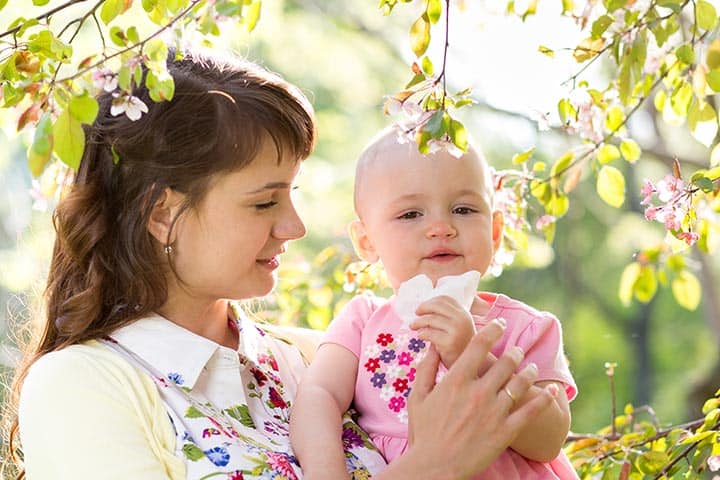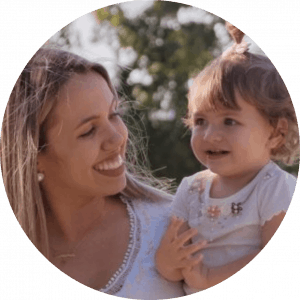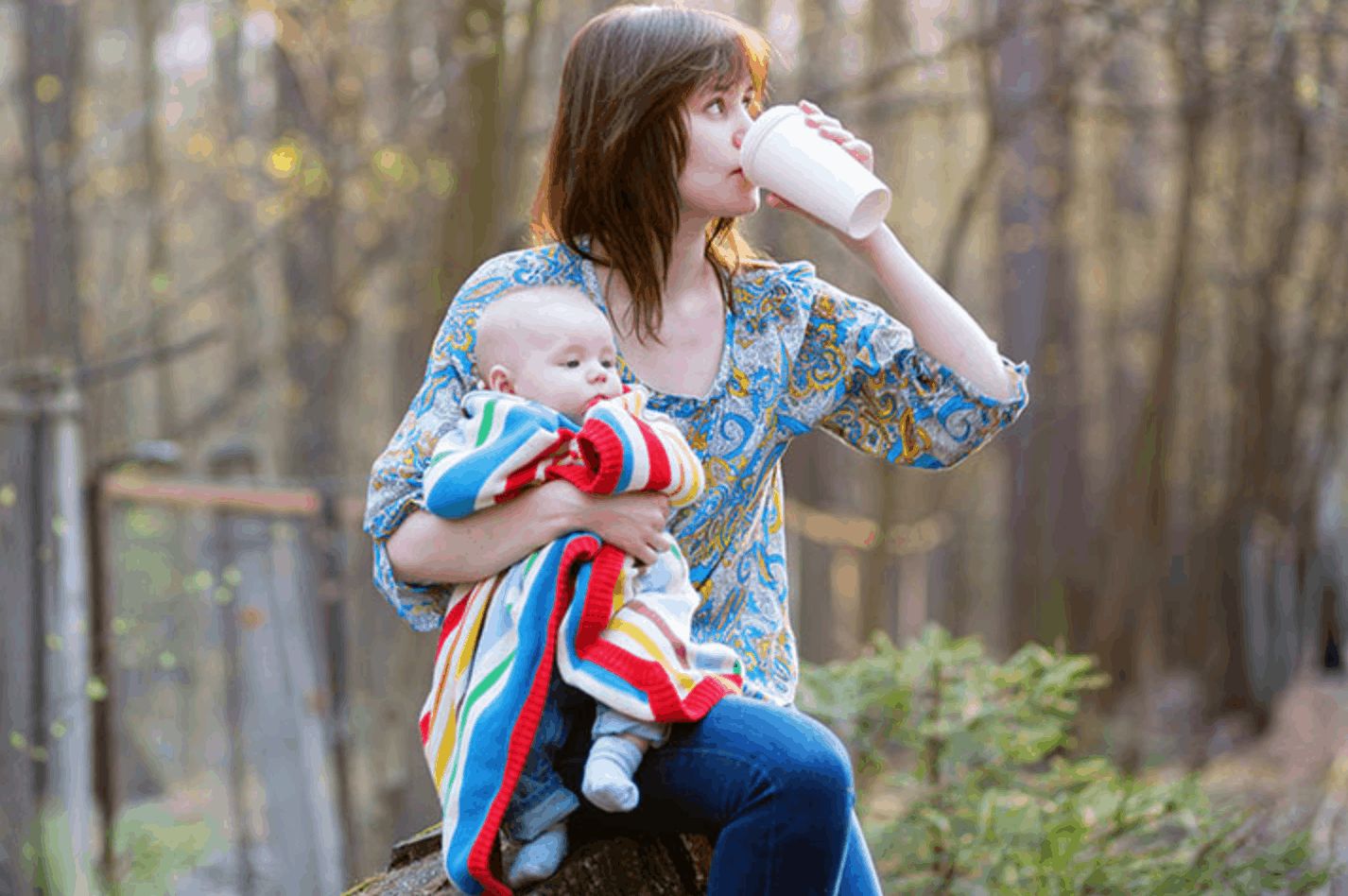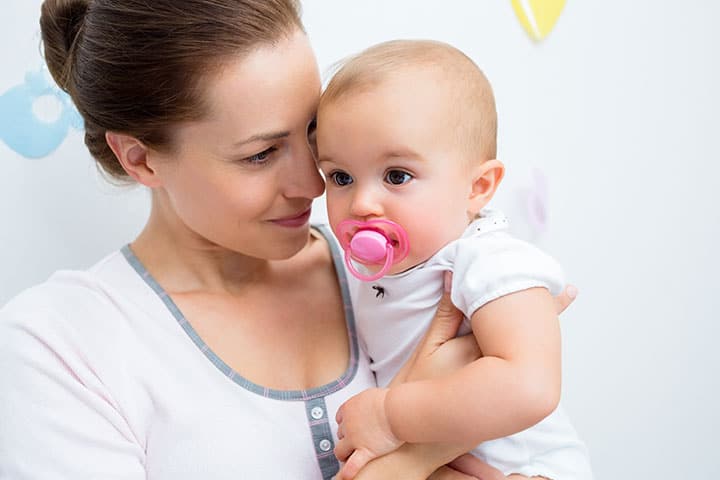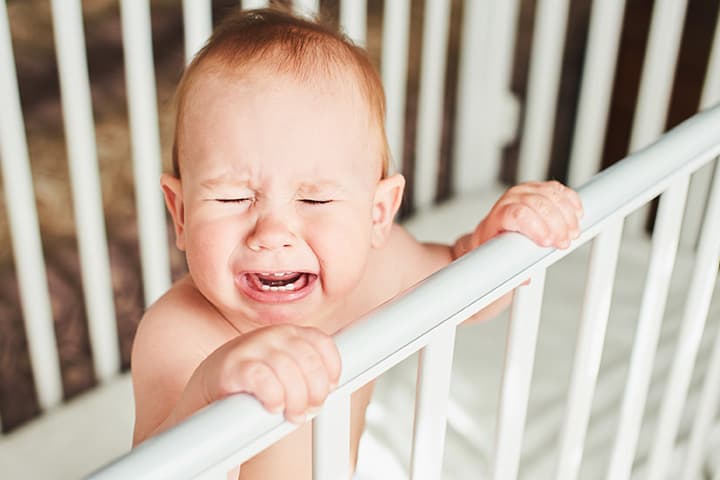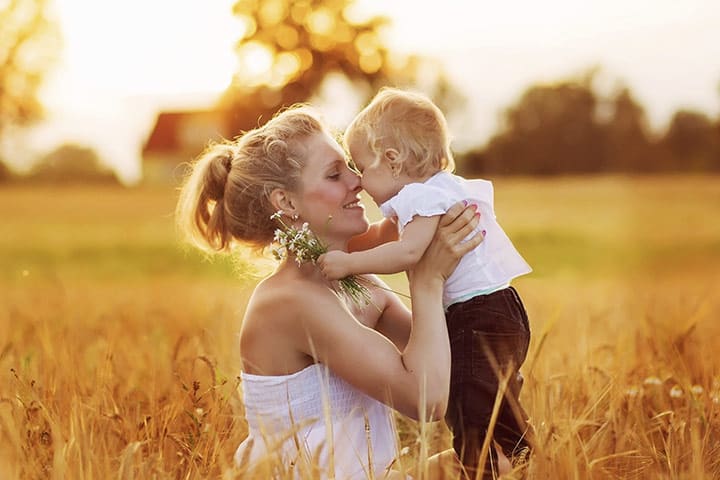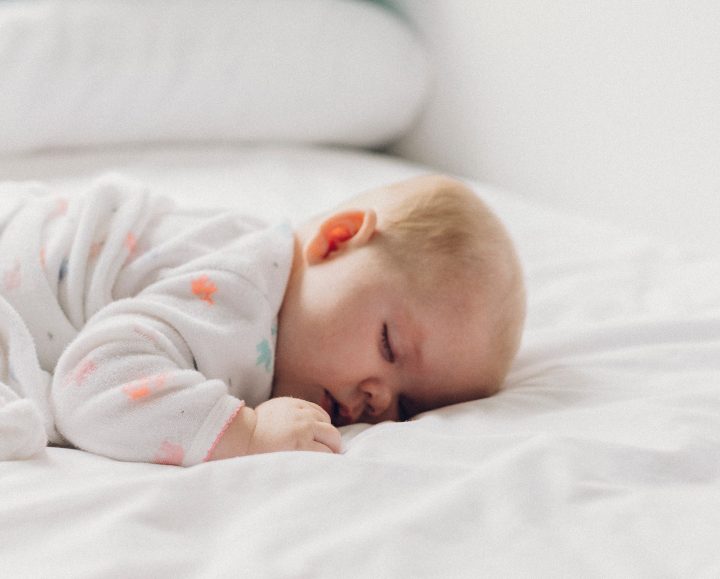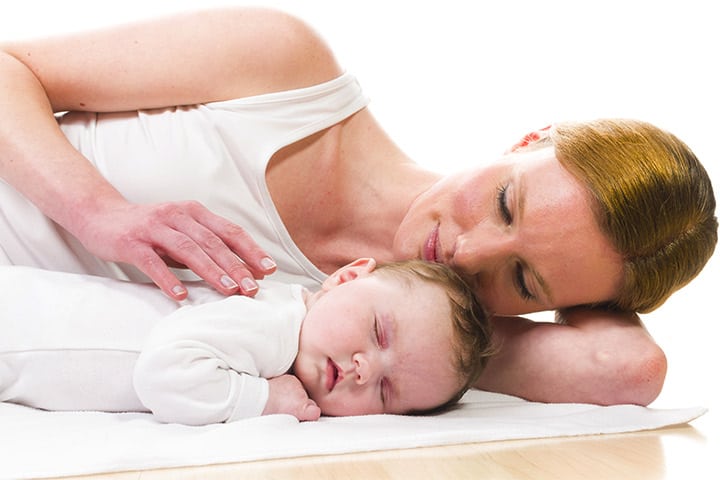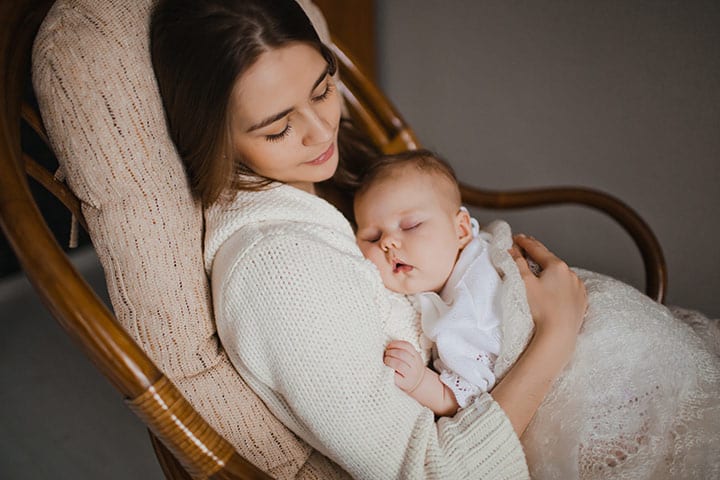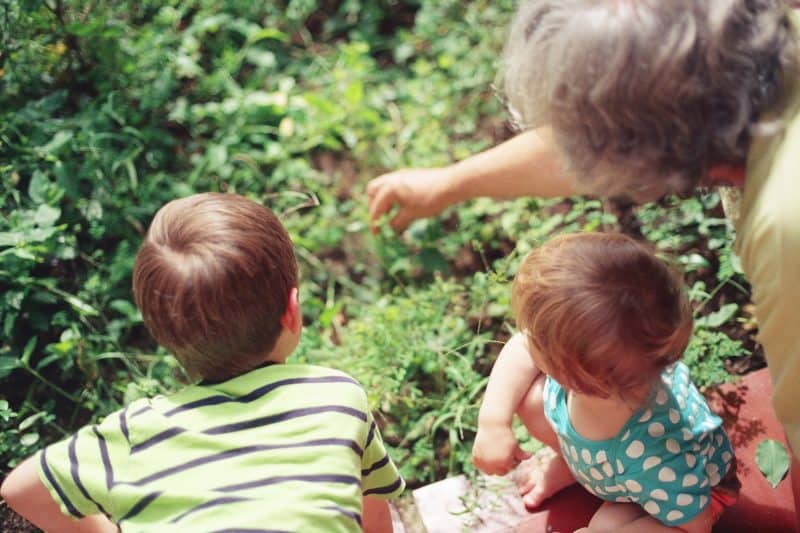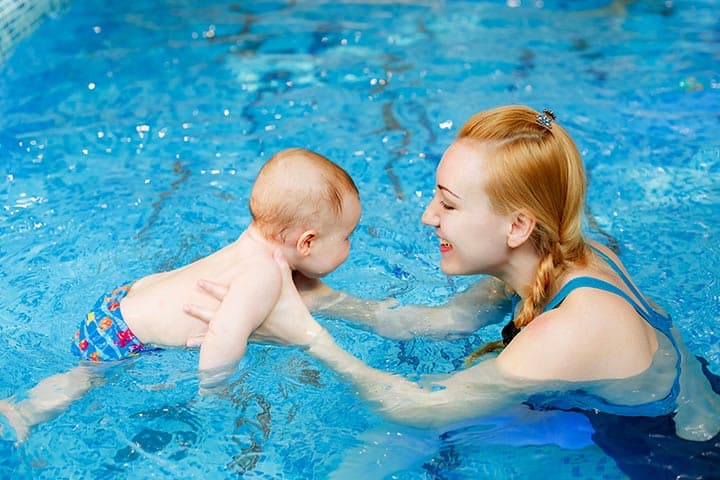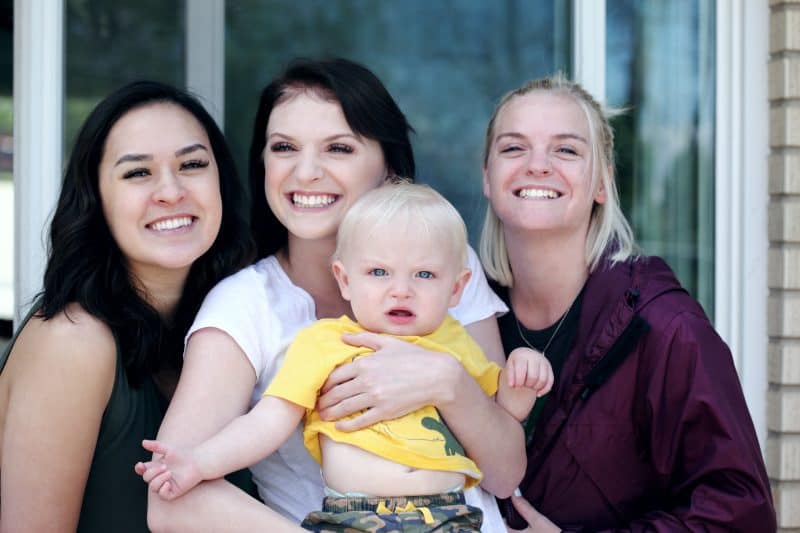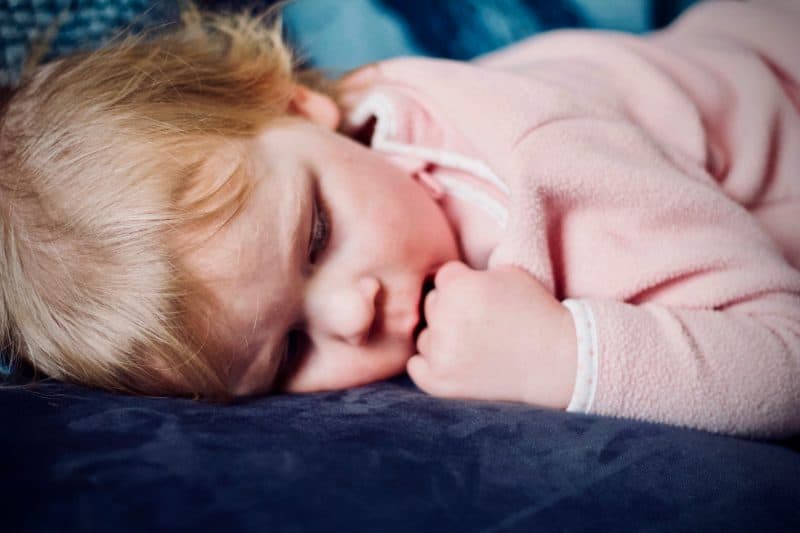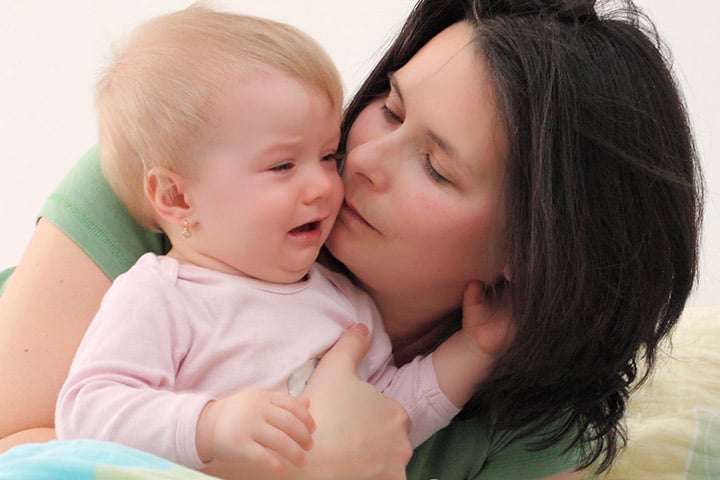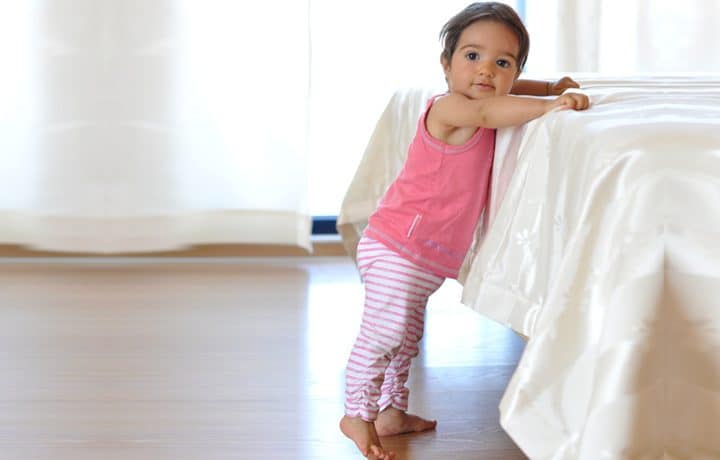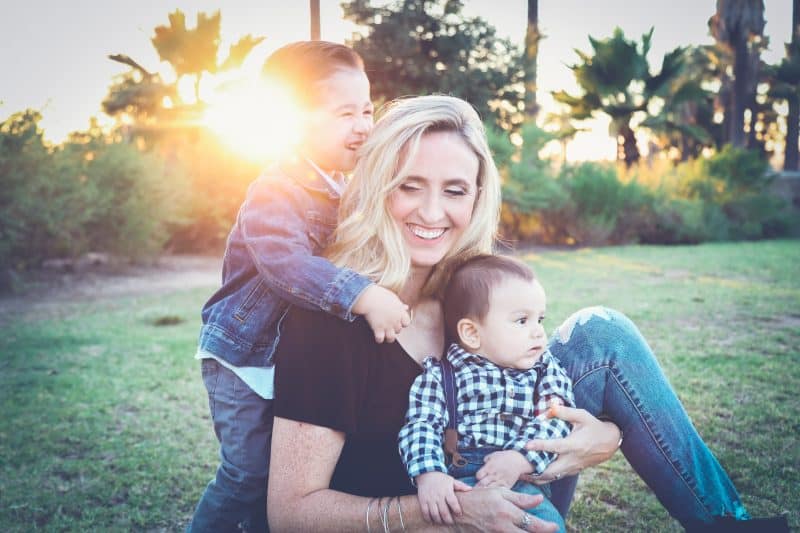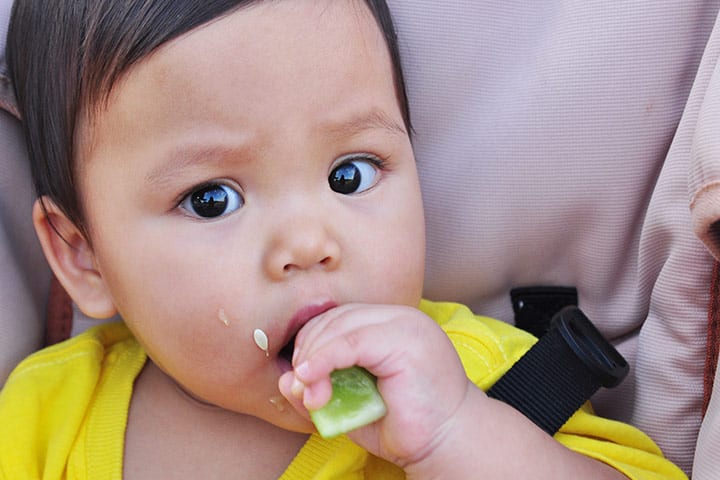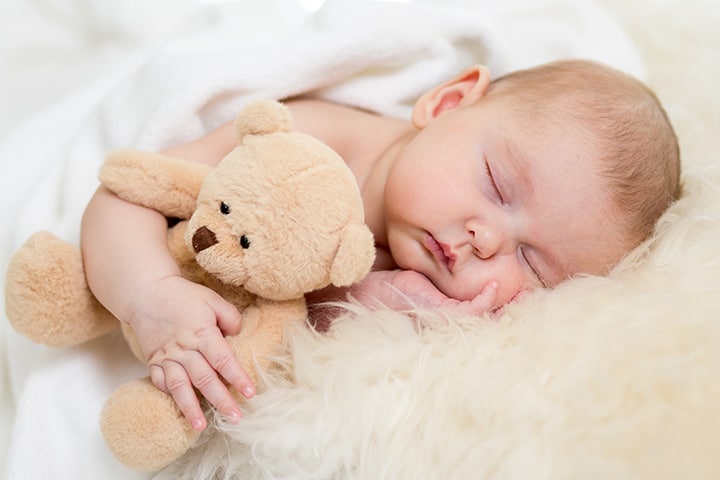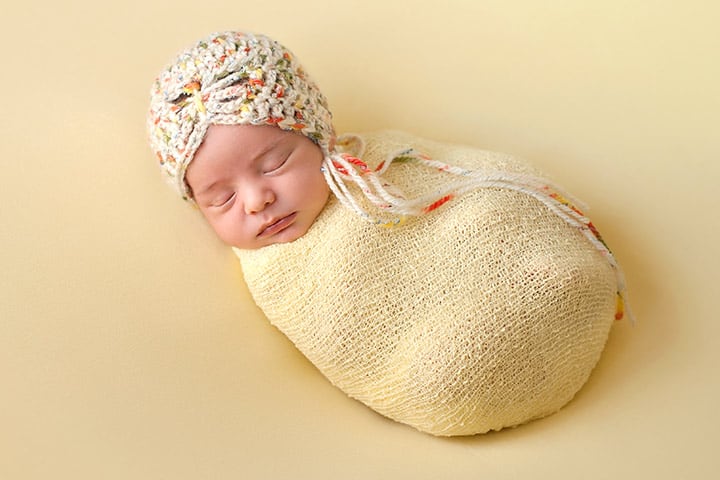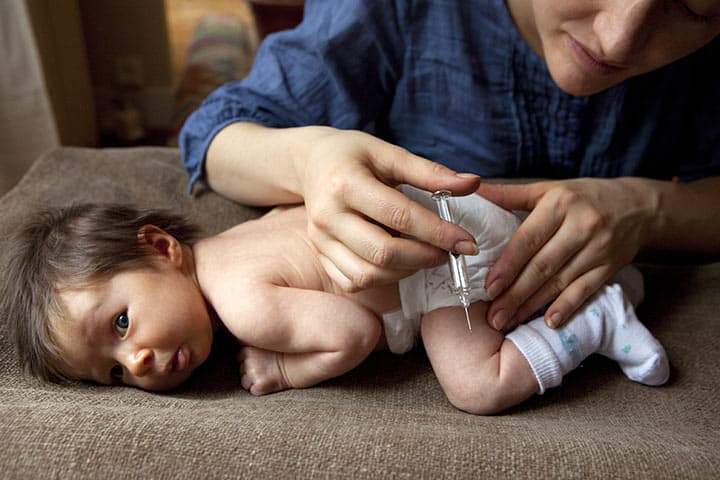What is common to dust, cockroaches, peanuts and cold weather? Well, allergies of course! Do you wrap your little one up from head to toe to avoid the flu? Do you keep dusting the house to make sure there are no stray allergens around?
Prevention may well be the better option, but is keeping your little one all bundled up the only solution. Are there are other prevention methods? Read this post and find out all about seasonal allergies in babies.
What Is An Allergy?
An allergen is a substance that can come in contact with your baby’s body through the skin, nose or food. The baby’s immune system overreacts to the allergen and triggers symptoms, also known as an allergy. These symptoms can be mild or severe.
Do All Babies Get Allergies?
Allergies are genetic, and your baby might share your allergies. If you have a dust allergy, your baby may or develop an allergic reaction to dust. But, at times many babies still develop an allergic reaction to some allergens, which are not genetic.
Although genes play a huge part in causing allergies, external factors like pollution, germs, and a low immunity can also cause allergic reactions.
What Are The Common Allergies In Babies?
The most common allergies in babies are airborne allergies. The carrier or allergen is airborne.
1. Pollen:
Pollen is one of the most common allergens. Each pollen allergy may exhibit different symptoms. When weeds, grass, trees release their pollen or tiny particles into the air, they make fertilization possible for other plants as well. If your baby inhales the pollen or it comes in contact with his skin, it can lead to an allergy.
2. Dust:
Dust mites are common allergens, usually found on carpets, upholstery, beds, curtains, table mats, etc. These mites are microorganisms living on lifeless skin cells that drop off our bodies every day.
3. Cockroaches:
Cockroaches can also trigger allergies in babies. Keep your kitchen platform clean as food left open will attract cockroaches.
4. Pets:
Cat allergies, dog allergies are very common in babies. Animal saliva, Animal fur or urine, and pet dander are common allergens that could cause allergies in babies.
5. Cow’s Milk:
Studies have shown that almost 2-3 % of babies are allergic to cow’s milk. The allergen is the protein found in cow’s milk or cow’s milk-based formula. However, this allergy outgrows itself as the kid grows up.
6. Wheat:
Wheat allergies can cause illness in babies, but they shouldn’t be confused with gluten allergies.
7. Peanuts and Tree Nuts:
Some babies are allergic to peanuts and tree nuts. Your pediatricians may advise you to refrain from feeding your baby nuts if they detect any allergies to peanuts or tree nuts.
8. Soy:
Many babies who are allergic to cow’s milk are also allergic to soy and its products.
9. Eggs:
Many babies are allergic to eggs, but babies can outgrow this allergy.
Symptoms Of An Allergic Reaction?
Each allergy is different, and the type and severity of the allergy vary from one individual to other. Some of the common symptoms seen in babies include:
- Itchy eyes and nose
- Sneezing
- Tightness in throat, coughing
- Nasal Congestion
- Vomiting
- Fainting [in severe cases]
- Watery or red eyes
- Shortness of breath
- Hoarse throat
- Diarrhea
- Stomach ache
- Hives
- Swelling
- Wheezing
- Skin rashes
- A drop in blood pressure [in severe cases]
Sometimes, allergens can trigger severe symptoms like low blood pressure and others. Severe allergies are quite serious. Seek immediate medical aid if your baby exhibits symptoms like:
- Anaphylaxis:
If an allergy leads to symptoms like low blood pressure, vomiting or dizziness, your baby might have Anaphylaxis. Wheat, soy or chemical allergies can sometimes lead to anaphylaxis.
- Conjunctivitis:
Conjunctivitis is an airborne condition where your baby develops watery or bloodshot eyes.
- Eczema:
Eczema or atopic dermatitis is the most prevalent and persistent inflammatory skin condition. It is a symptom of many allergies and also indicates the presence of hay fever or asthma.
- Asthma:
Asthma is not an allergic reaction, but a chronic condition, which begins in the lungs. Studies hint that babies who are susceptible to allergies are also asthmatic positive.
Note:
Don’t write any allergens off yet. If an allergen causes a mild reaction now, it does not mean that the symptoms will be the same next time. Thus, the best way to go about it is to avoid allergens.
Treatments Available For Babies:
Unfortunately, there are no cures for allergies. What is curable and controllable, is the severity of symptoms. As a parent, you should make an effort to keep your baby’s environment allergy free.
When an allergen is unavoidable, doctors may prescribe some medications to lessen the severity of the symptoms. Medications often include:
- OTC medicines
- Nasal sprays
- Eye drops
- Immunotherapy – allergy shots [doesn’t work for food allergies]
How To Keep Your Baby Safe:
Now that you know about allergies and what their usual symptoms are, let’s look at ways to keep your baby safe from allergies. You should consider putting these steps into practice, they include:
- Keep pets away from kids, may be in another room.
- It’s best to fold carpets, rugs and keep them in cupboards for later use.
- Avoid items that could attract dusts, like heavy drapes.
- Clean the room, when your baby is not in that room.
- For babies who are allergic to pollen, its best to keep windows closed.
- For babies allergic to food, avoid feeding him food items in even the slightest quantity.
- If you are feeding your baby with packaged food, always read the ingredients to check for potential allergens.
Fortunately, many babies outgrow most allergies as they get older and eat all sorts of food items. With proper treatment and precautions, you can keep your baby safe and healthy. Did your baby suffer from any allergies? Tell us here! Our readers would love to hear from you.

